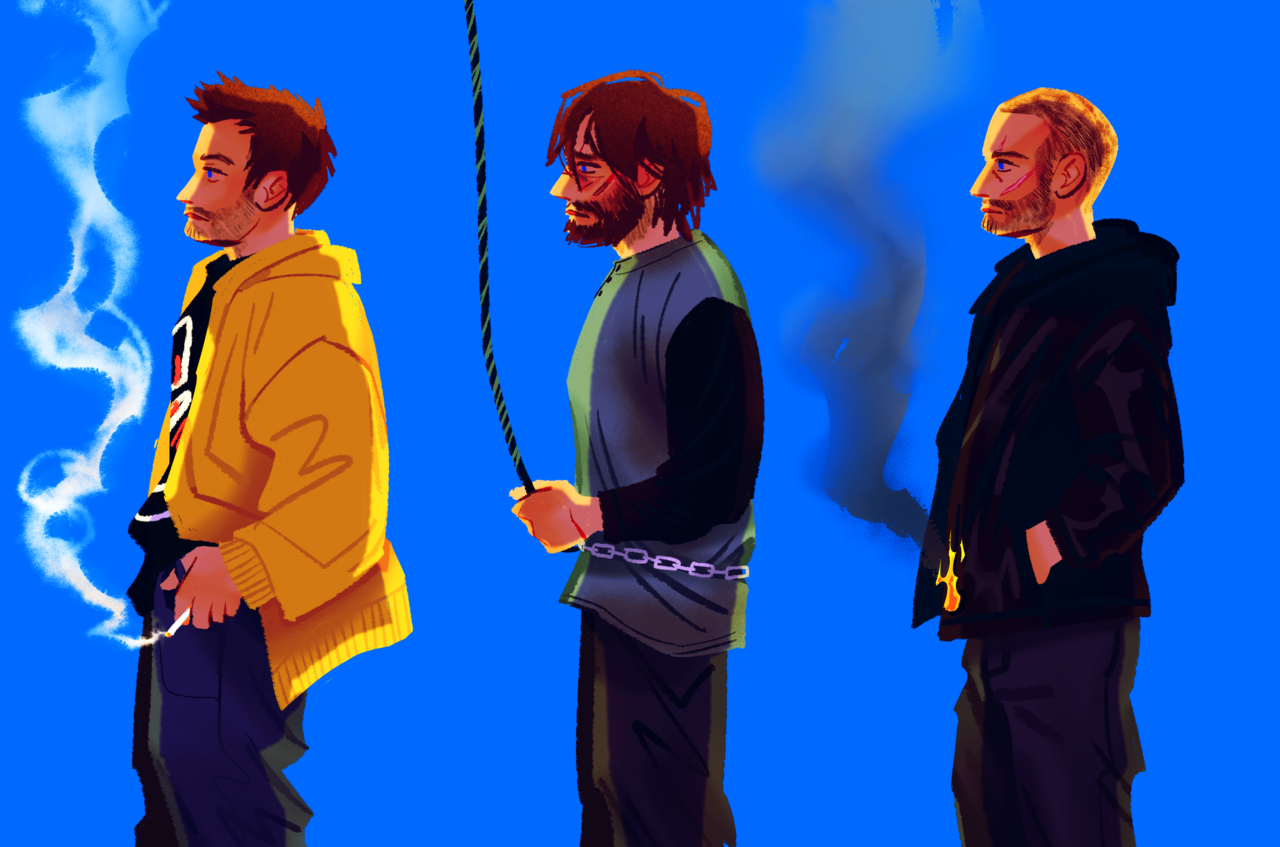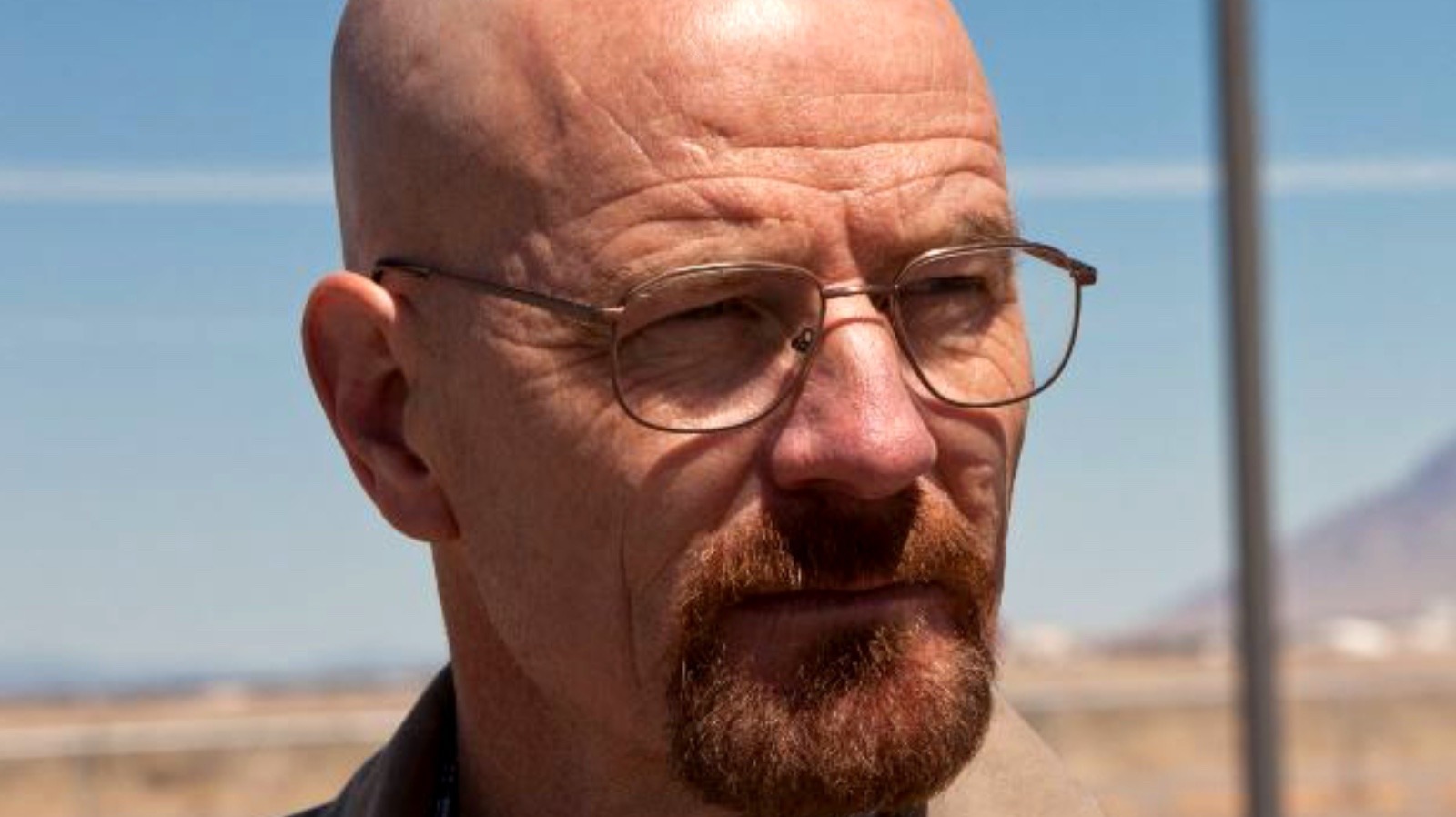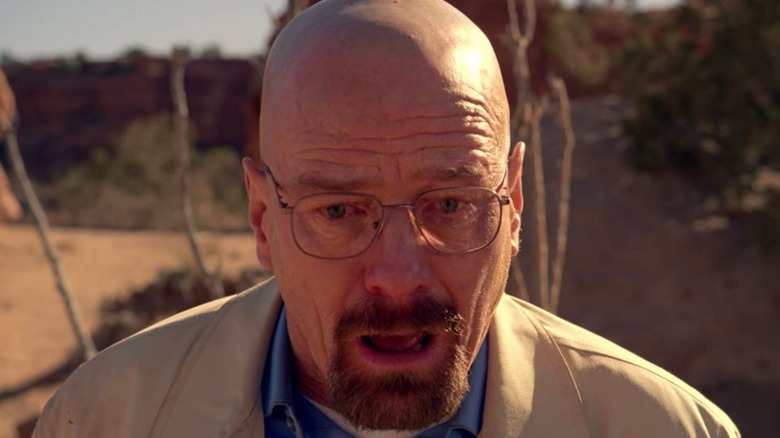Breaking Down Breaking Bad: The Key Moments and Characters That Defined the Series
News - 24 November 2023

"Breaking Bad," created by Vince Gilligan and airing from 2008 to 2013, is widely regarded as one of the greatest television series of all time. The show follows the transformation of Walter White (Bryan Cranston), a high school chemistry teacher turned methamphetamine manufacturer, and his former student-turned-partner, Jesse Pinkman (Aaron Paul). Throughout its five-season run, "Breaking Bad" captivated audiences with its intricate storytelling, rich character development, and intense, suspenseful moments. In this article, we will break down some of the key moments and characters that defined the series.
Walter White's Transformation

At the core of "Breaking Bad" is Walter White's transformation from a mild-mannered, struggling teacher into the ruthless, calculating drug lord known as Heisenberg. His journey begins when he is diagnosed with terminal lung cancer and decides to enter the meth business to provide financial security for his family after his death. As Walter becomes more deeply entrenched in the criminal underworld, his moral compass begins to shift, leading to increasingly dangerous and reckless behavior. This gradual transformation is a driving force behind the series and is masterfully portrayed by Bryan Cranston.
The Evolution of Jesse Pinkman

Jesse Pinkman, Walter's former student and partner in crime, also undergoes significant character development throughout the series. Initially portrayed as a small-time drug dealer with little ambition, Jesse evolves into a more complex, empathetic character as he grapples with the consequences of his actions and the toll the drug business takes on his life. Aaron Paul's nuanced portrayal of Jesse's emotional journey earned him critical acclaim and multiple awards.
The Birth of Heisenberg

In the first season's iconic episode "Crazy Handful of Nothin'," Walter White fully embraces his alter ego, Heisenberg, for the first time. After an explosive confrontation with drug distributor Tuco Salamanca (Raymond Cruz), Walter shaves his head and dons the signature black hat and sunglasses that come to symbolize his Heisenberg persona. This moment marks a turning point in the series, as Walter begins to embrace the power and control that comes with his newfound criminal identity.
The Plane Crash

At the end of season two, a tragic plane crash occurs over Albuquerque, resulting from a distraught air traffic controller's error. The controller, Donald Margolis (John de Lancie), is the father of Jane (Krysten Ritter), Jesse's girlfriend who died of a drug overdose in an earlier episode. Walter's indirect involvement in Jane's death, and consequently the plane crash, serves as a stark reminder of the far-reaching consequences of his actions and the lives destroyed by his criminal endeavors.
The Death of Gustavo "Gus" Fring

Gustavo "Gus" Fring (Giancarlo Esposito) is a powerful drug kingpin and the main antagonist in seasons three and four. The cat-and-mouse game between Walter and Gus culminates in the explosive season four finale, "Face Off," where Walter orchestrates Gus's death in a carefully planned bombing. This shocking moment not only demonstrates Walter's cunning and ruthlessness but also solidifies his position as the new kingpin in the meth business.
Hank's Discovery

In the final season, Walter's brother-in-law, Hank Schrader (Dean Norris), a DEA agent, finally discovers Walter's true identity as Heisenberg. This revelation sets off a chain of events that ultimately leads to the series' dramatic conclusion. Hank's relentless pursuit of Heisenberg, despite the personal and professional risks, highlights his dedication to justice and the complex relationship between him and Walter.
The Train Heist

Season five's "Dead Freight" features an ambitious train heist masterminded by Walter, Jesse, and their new accomplice, Todd Alquist (Jesse Plemons). The daring robbery of a large supply of methylamine showcases Walter's increasing boldness and strategic prowess. However, the heist takes a dark turn when Todd kills a young witness, emphasizing the brutal and unforgiving nature of the criminal world in which the characters are now deeply entrenched.
"Ozymandias"

The third-to-last episode of the series, "Ozymandias," is widely regarded as one of the best episodes in television history. The episode sees the culmination of Hank's pursuit of Walter and features the devastating deaths of Hank and his partner, Steven Gomez (Steven Michael Quezada). Walter's subsequent decision to go into hiding and the disintegration of his family life mark the ultimate unraveling of his once carefully constructed empire.
Walter's Redemption and Sacrifice

In the series finale, "Felina," Walter returns to Albuquerque to confront the neo-Nazi gang that stole his money and enslaved Jesse. He also confesses to his estranged wife, Skyler (Anna Gunn), that his actions were driven more by his own ego and desire for power than by concern for his family's financial well-being. In a final act of redemption, Walter sacrifices himself to save Jesse and eliminate their shared enemies, ultimately accepting the consequences of his actions and bringing the series to a powerful and poignant close.
Conclusion
"Breaking Bad" remains an influential and groundbreaking series, due in large part to its intricate storytelling, compelling character arcs, and unforgettable moments that continue to resonate with audiences. By examining the key moments and characters that defined the series, we can better understand and appreciate the mastery of storytelling that elevated "Breaking Bad" to its iconic status in television history.










